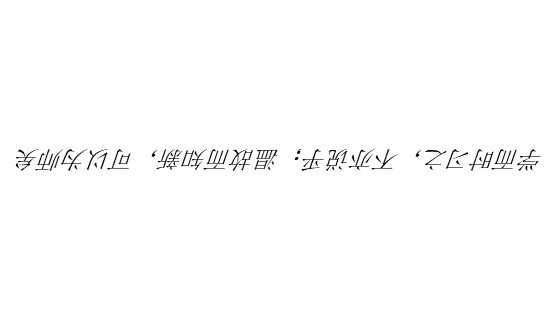
The one and only single-child generation is a massive convergence of history and culture. They are born with conflicts on self-identity; they seek individualization in collectivism background; they inherit the fundamental Chinese traditions and applied western knowledge practically; they are independent, lonely, different, and self-centered; they are facing multiple challenges from material life and social responsibilities. To go further, one married 80 Hou couple are taking care of four parents and one or two children, this 2 plus 6 structure became major pressure for most of the 80s. Thus, the 80s carry profoundly dynamic to change and to pursue freedom.
As a psychotherapist who is in private practice, I hear stories about people searching for true self, complains about loneliness, conflicts between family pressure and personal pursue, especially female patient who suffered major anxiety towards social expectations. What had made the young Chinese full of worries, how they understand life, gender, relationships and freedom, do we have a solution?
One Is in Oneself the Whole of World
Before defining Individualization or Collectivism, one must know how the Oriental world operates those concepts. As for oneself and the world, there is no binary opposition between one another, a person is viewed as a series of consequences, an undivided part from nature. One can further imagine, how ancient Chinese rise at dawn, down at dusk, follow the solar term.
Confucius and Junzi intention
Confucius suggested that family is the broadening of a person, and a country is the broadening of family. Cheng (1997) sustained that Confucius turn to held an optimistic attitude towards human nature, that Confucius had proposed several key positive ideas of ‘how to be a person’. I conclude Cheng’s ideas as follows.
First, a person can change and has no limitation of changing: as a teacher, Confucius believed that human can always improve themselves, and there is no limitation of perfectionism, one must learn and practice, enhance oneself through learning is the highest value of being a person. In his famous theory Lun Yu (The Analects of Confucius), he wrote:

Wasn’t it a pleasure to learn and practice often? Widely familiar with classics, review the knowledge learned, and then get new insights from it, so that the degree can be called a teacher.




